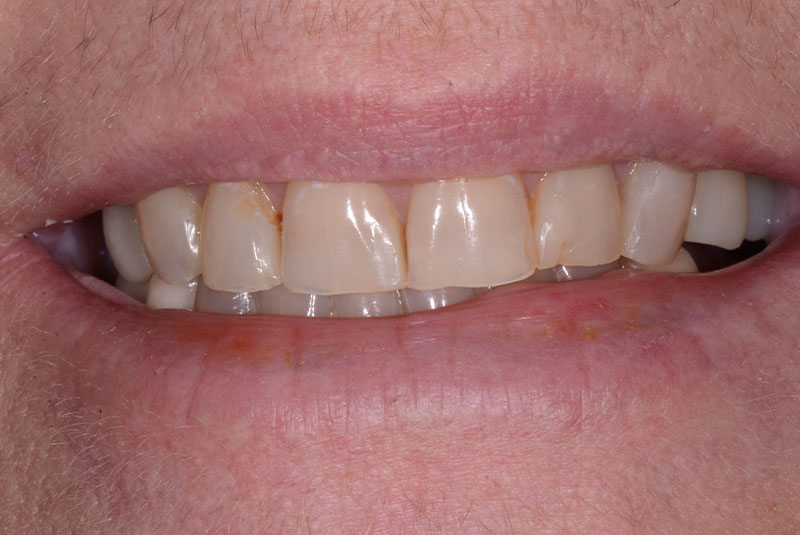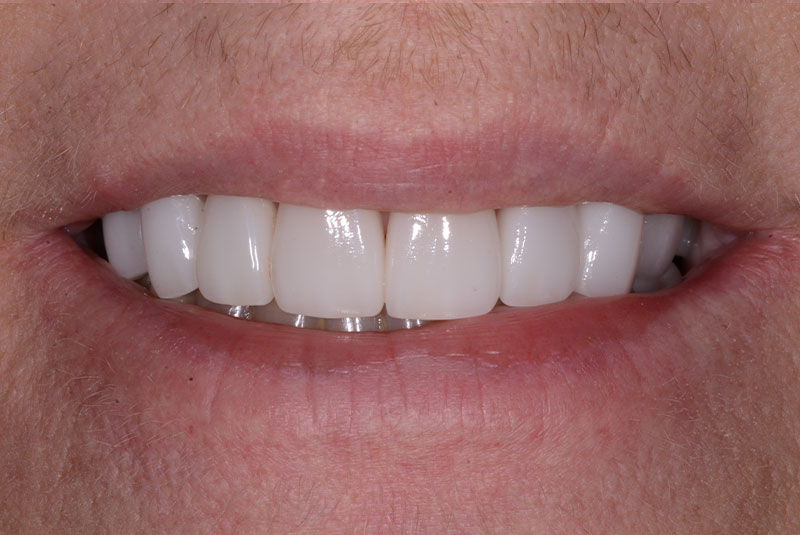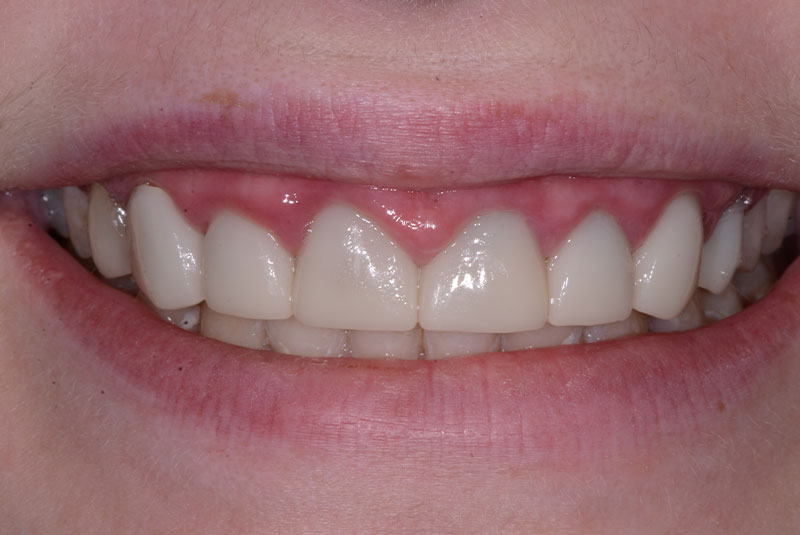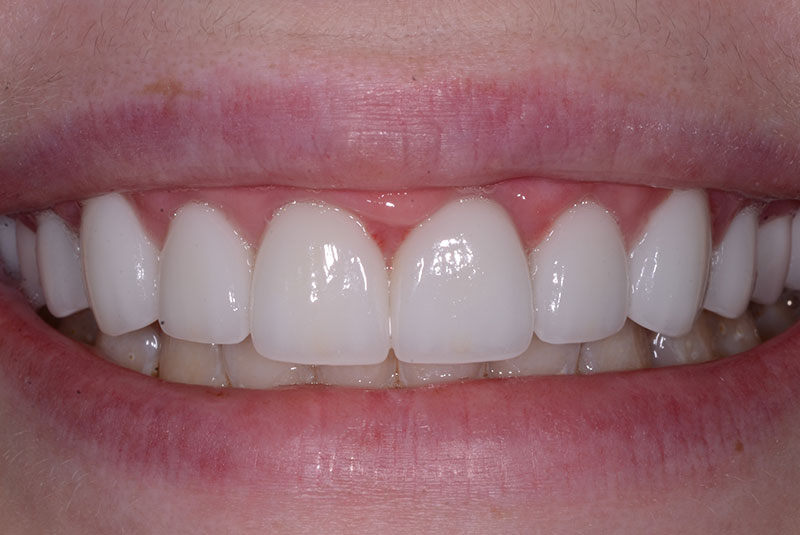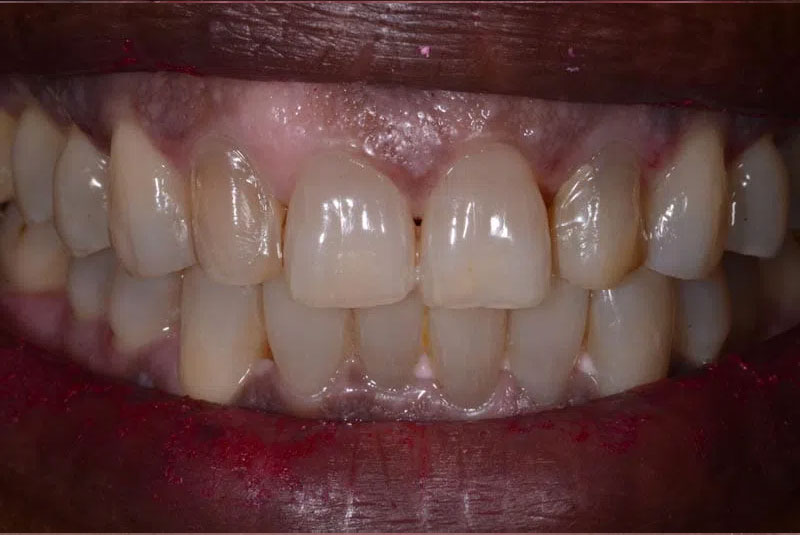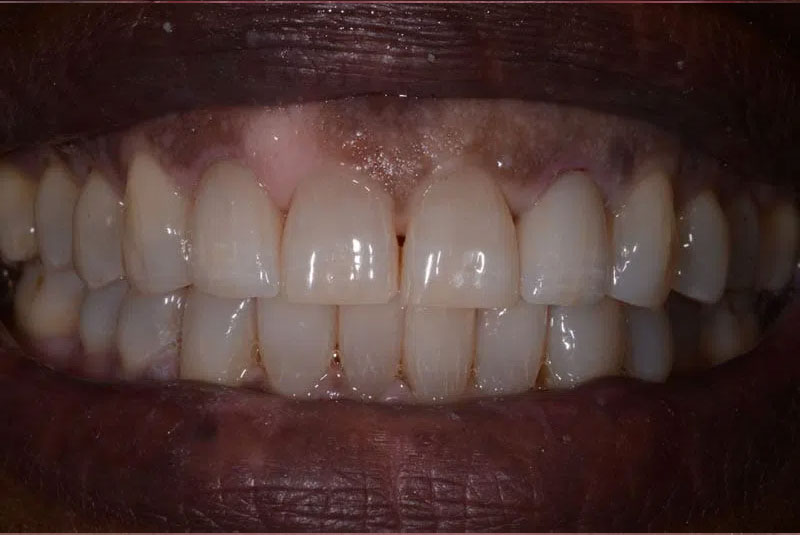Dental Crowns & Bridges - Covington, LA
Repair and Improve Your Smile
with Crowns and Bridges
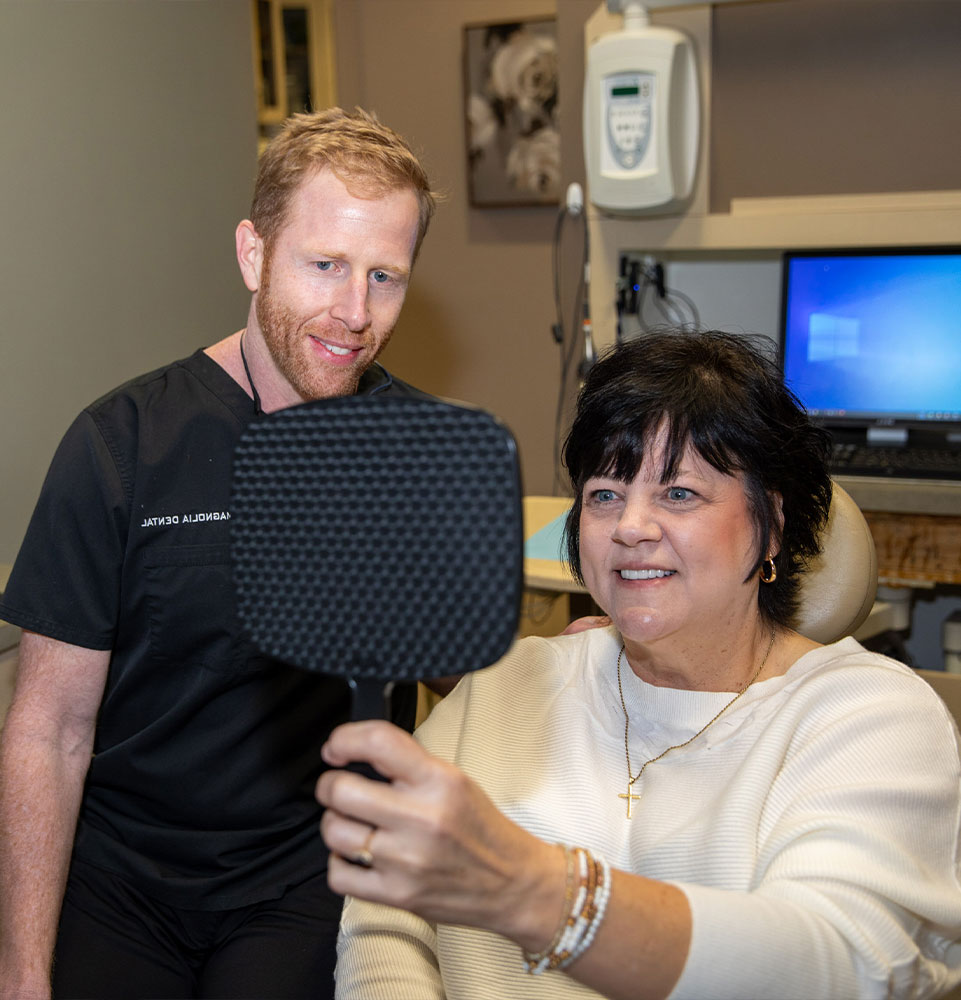
Dental Restoration Made Easy
Missing teeth can have a significant impact on your daily life. Dealing with missing teeth can cause various issues, from persistent toothaches to teeth shifting out of place. If left untreated, these problems can lead to a decline in oral health and more severe issues in the future. From speech impediments to lower self-esteem, the absence of teeth can be bothersome in more ways than one.
At Magnolia Dental, located in Covington, LA, we know how impactful missing teeth can be to one’s oral health, so we offer dental crowns and dental bridges. These dental restoration procedures help fix the issue of missing teeth, as well as improve the overall look of your smile. Our team knows that missing teeth can cause various long-lasting problems, so we offer crowns and bridges to help restore your teeth!
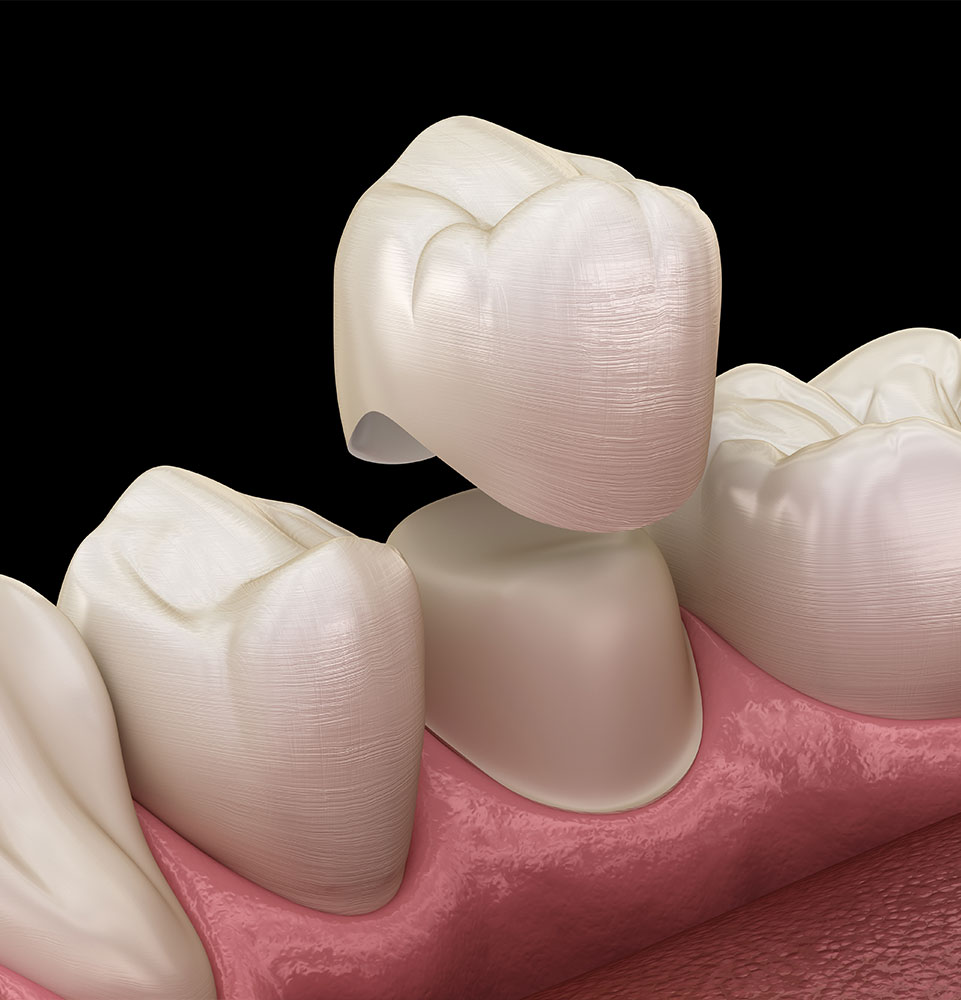
What are Dental Crowns?
Crowns, otherwise known as tooth caps, fully encase a tooth previously damaged or decayed to restore it. Crowns can be made from solid materials, such as porcelain or metal. With the help of these materials, a dental crown can shield the tooth they’re covering from further decay. These crowns can also help strengthen teeth weakened by periodontal disease. Tooth crowns are an excellent option for decayed, damaged, or lost teeth.


What are Dental Bridges?
Dental bridges are practical solutions for replacing missing teeth, providing a fixed prosthetic device that spans the gap created by one or more lost teeth. Typically anchored to adjacent natural teeth or dental implants, a dental bridge consists of pontic teeth, which replace the missing ones, and crowns that cap the adjacent teeth or implants for stability. This restoration restores your smile aesthetically and helps maintain proper dental alignment and function.

The Benefits of Crowns and Dental Bridges
- Improved chewing
- Prolonging the life of a natural tooth
- Extremely durable
- Same-day procedure
- Long-lasting

Beautiful Smiles on a Budget
At Magnolia Dental, we understand the importance of making dental crowns and bridges accessible to everyone, and affordability is a crucial aspect of our commitment to comprehensive dental care. We strive to keep costs reasonable without compromising the quality and durability of our restorations.
We can provide high-quality dental crowns and bridges at competitive prices by utilizing efficient in-house manufacturing processes, leveraging cost-effective materials, and offering third-party financing solutions to keep costs affordable and manageable. Our goal is to ensure that our patients can access the restorative dental care they need without financial barriers, making achieving and maintaining optimal oral health more accessible.

